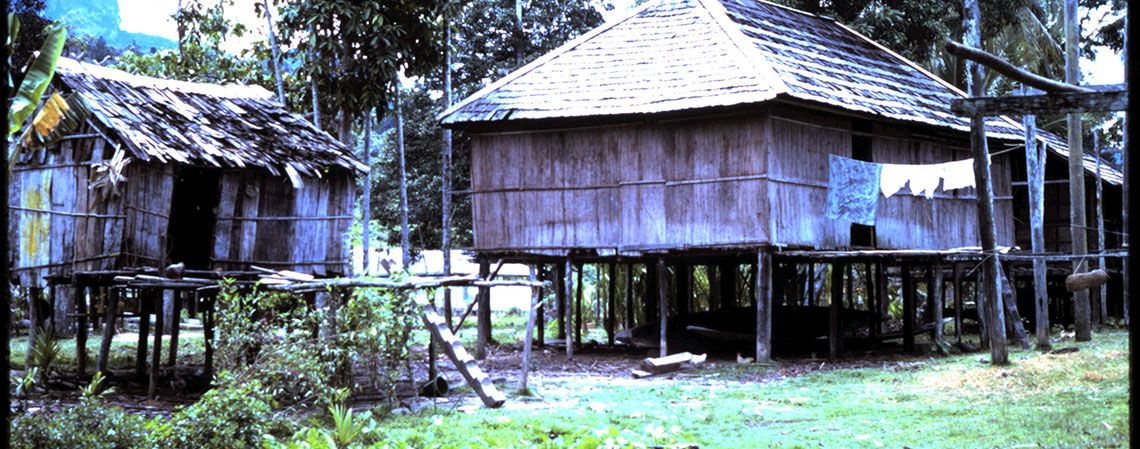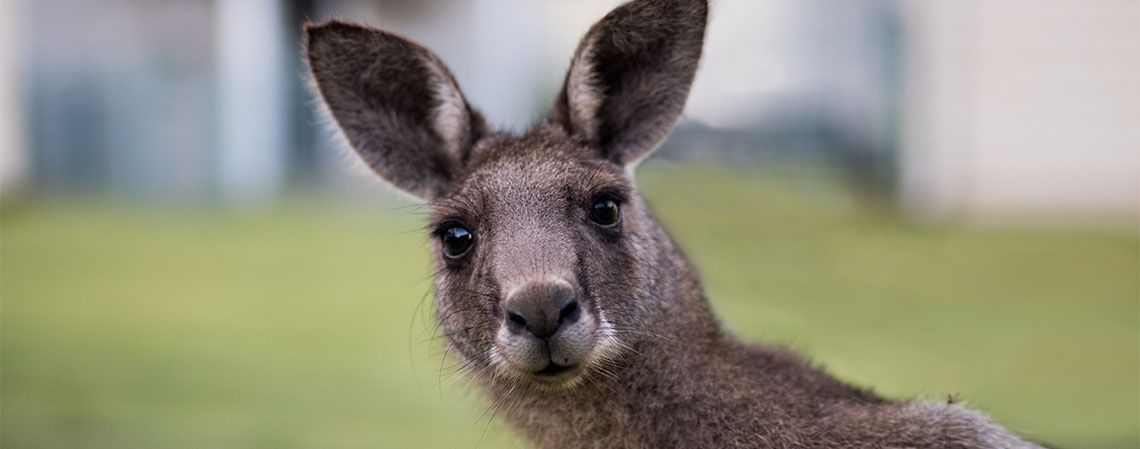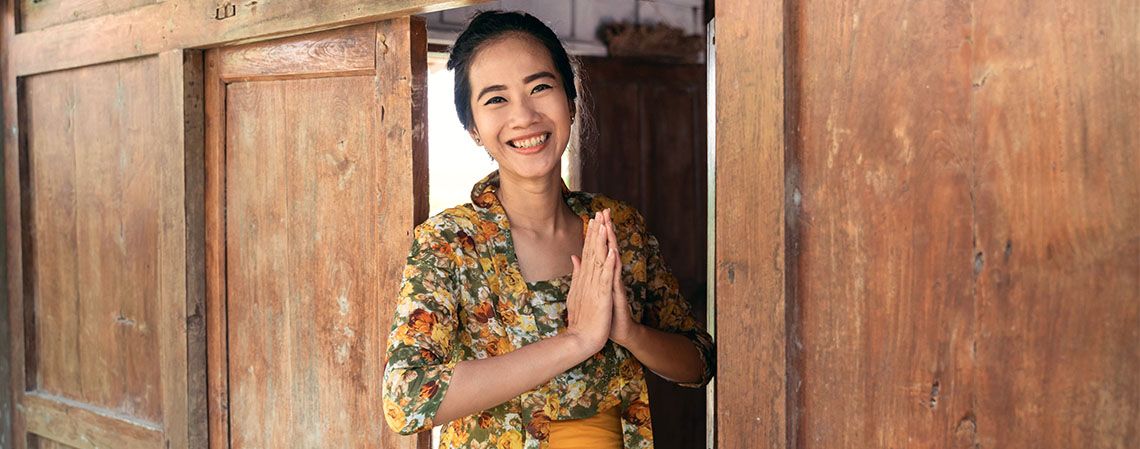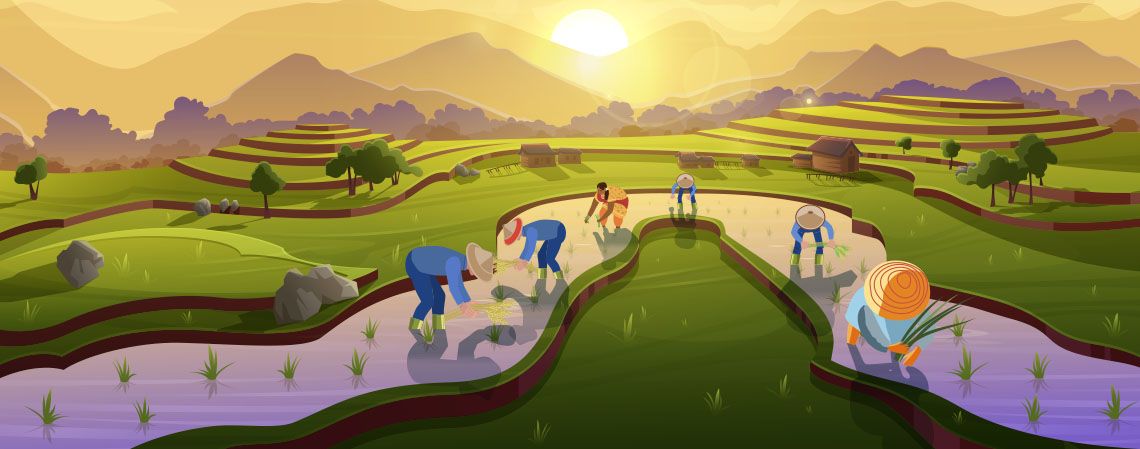Oceania's Three Worldviews
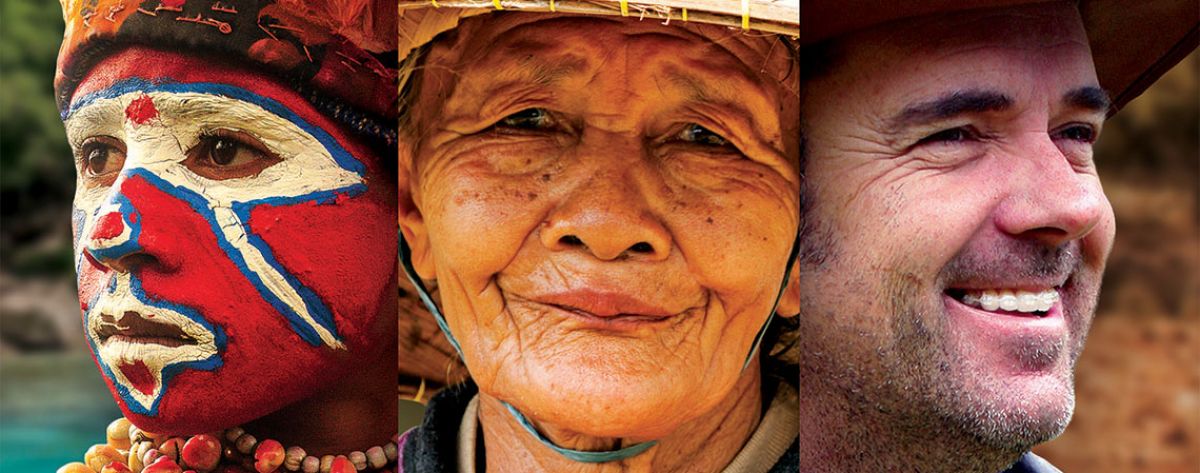
A worldview is the lens by which we interpret life events. As we are commanded to reach all ends of the world with the Gospel of Christ, it is important to understand that cultures foster vastly different worldviews. This variance shapes how people can perceive that good news. In this light, communicating the Gospel effectively begins with presenting it with these specific worldviews in mind. Anthropologists recognize that there are three main worldviews dominating societies—guilt-innocence, honor-shame, and fear-power. The region of Oceania is host to a diverse scope of these three worldviews, ranging from Australia and New Zealand to the tribal context of Papua New Guinea and the Islamic stronghold of Indonesia.
Guilt-innocence
The guilt-innocence worldview permeates most of western society; this would be predominately true in Oceania’s Australia and New Zealand (apart from the indigenous peoples). Individuality, rights, and freedom are emphasized, and people are held accountable for their actions through well-established laws. Wrong actions are expected to be met with a punishment equal to their crime. People from these societies may ask, “Is what I’m doing right or fair?” in accordance with ethical behavior. As we contemplate how best to minister to this mindset, we find Jesus, the great Teacher, with His message and interaction with the adulterous woman in John 8. The Pharisees present Jesus with a woman who was caught committing adultery. They outline the justifiable punishment for her crime—stoning; however, Jesus commands anyone who has not sinned to cast the first stone. Instead of condemning her, Jesus forgives her of her sin. A person living with a guilt-innocence perspective who is burdened by his conscience and guilt can live a new and redeemed life through Christ’s forgiveness. He paid the justified punishment for sin—death, and through Him, we are found innocent and holy before God, the appropriate message for Oceania’s guilt-innocence worldview.
Honor-shame
The honor-shame worldview operates in a much different way and occupies the Middle East and Asia. Oceania’s Indonesia, the most populous Muslim majority country in the world, is a recognizable shame-honor society. Instead of valuing the individual, this perspective supports the community and one’s place within that community. Honor is given to those who have a good social standing and admirable reputation, whereas shame is given to those who violate the expectations of the community or if something dishonorable falls upon them. Shame and alienation from the community are what drive members to seek pride in their accomplishments and avoid failure and disgrace. A person with this mentality may ask “How will people look at me if I do this?” Again, Jesus also fulfills the need for this shame-honor mindset. In the parable of the prodigal son in Luke 15, Jesus describes a man who squandered his inheritance and was brought so low that he wished to eat the slop from the swine. When he came back home, however, his father greeted him warmly and threw a feast. Those who feel alienated from their communities or ashamed of their failure can know that through Jesus’ grace, they are accepted into God’s family; and they can feel honored by such a rich spiritual heritage.
Fear-power
The fear-power worldview is the third dominant mindset found across the globe and especially in the tribal context or in places where ancestral worship and animism govern. Oceania’s Papua New Guinea and tribal Indonesia are home to this crippling mindset. Communities with this world perspective operate out of mysticism. Because they regard the spiritual realm just as strongly as the physical, people from these societies act to appease evil spirits through sacrifices, spells, and superstitions. Fear controls them, and someone from this worldview may ask, “Will someone hurt me if I do this?” Jesus can also reach these people’s needs by His sovereign power. In Matthew 8, Jesus calms the storm and later casts evil spirits out of two men and into a herd of swine. Someone crippled by fear and the unknown can have ultimate peace in the God who has dominion and power over all things—the natural catastrophes and the supernatural demons.
As we learn about and pray for Oceania, let us be mindful of how to best speak to these three distinct worldviews and follow the example of Jesus in presenting the Gospel in a way that resonates with those in need.


